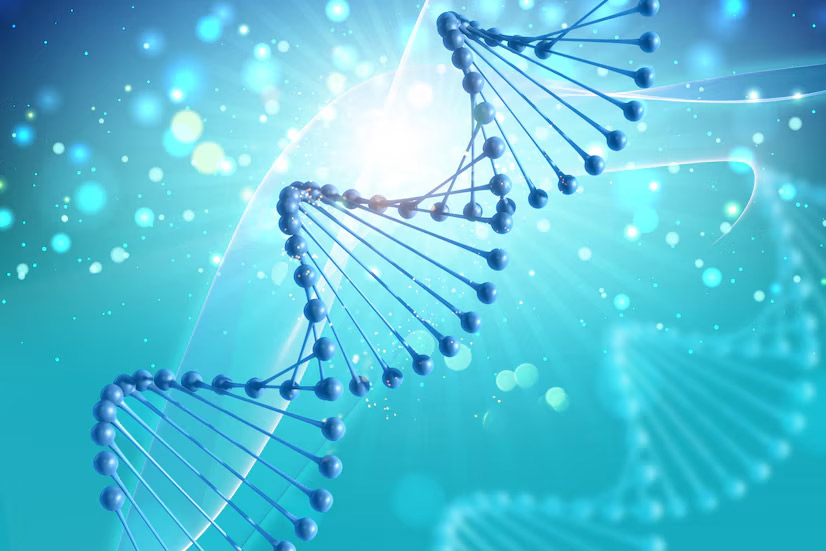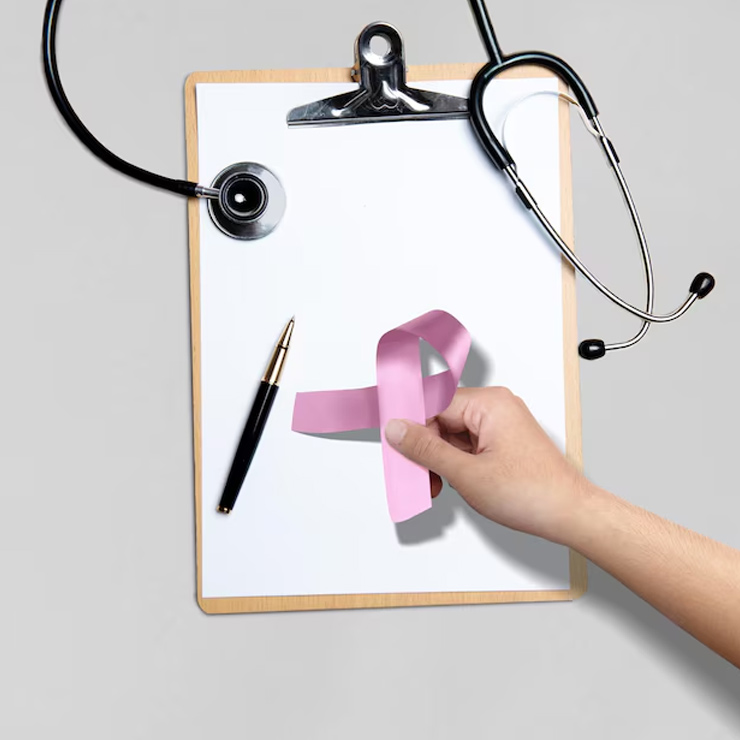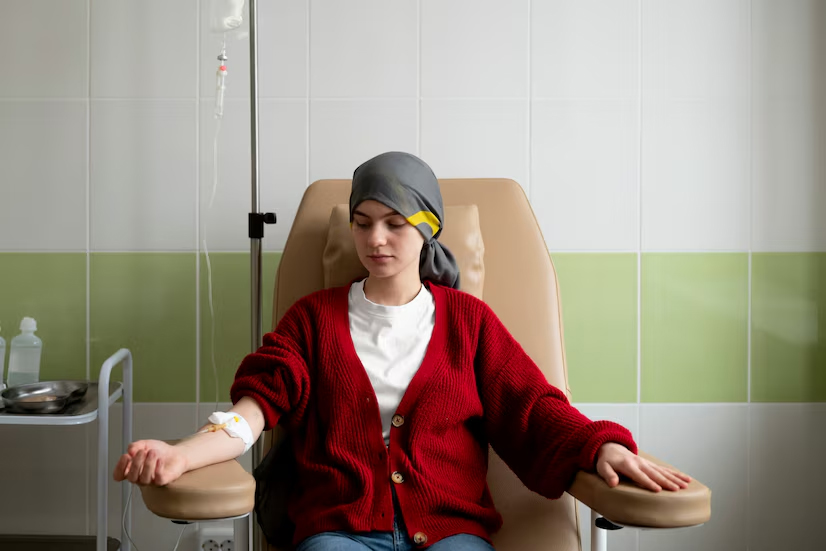
Breast cancer is often associated with older women, but early-onset breast cancer—diagnosed in women under the age of 45—is a growing concern. Younger women face unique challenges related to this condition, from aggressive tumour types to fertility issues and emotional struggles. Understanding risk factors, early detection methods, and treatment options is crucial for better outcomes.
Table of Content:-
Understanding Early-Onset Breast Cancer
To understand early onset of breast cancer, OnlyMyHealth team interacted with Dr Meetu Jain, Consultant Radiation Oncologist at HCG Cancer Centre, Jaipur.
Early-onset breast cancer accounts for a smaller percentage of overall cases but tends to be more aggressive. “As women often juggle multiple responsibilities, health sometimes takes a backseat. But staying proactive about wellness is crucial, especially when it comes to understanding changes in our bodies,” says Dr Jain.
This form of breast cancer often presents additional complexities compared to cases in older women, making awareness and vigilance essential.
Risk Factors for Younger Women

Certain factors increase the likelihood of breast cancer in younger women:
Genetic Predisposition: Mutations in the BRCA1 or BRCA2 genes significantly elevate the risk.
Reproductive History: Early menstruation, delayed childbirth, or no pregnancies may increase susceptibility.
Lifestyle Factors: Smoking, alcohol consumption, and a sedentary lifestyle contribute to higher risk levels.
Radiation Exposure: Chest radiation therapy during adolescence can raise the risk of developing breast cancer later.
Also read: Top 5 Questions To Ask Your Doctor About The Link Between Breastfeeding and Cancer Risk
Dr Jain emphasises, “The choices we make now, in our youth, can have lasting effects on our long-term well-being. It’s essential to remain informed and aware of any signs that may signal a deeper issue.”
The Importance of Early Detection

Breast cancer in younger women is often more aggressive, making early detection critical. Regular self-examinations and routine screenings are key to identifying issues early.
“If you notice any changes in your breasts, such as lumps, pain, or unusual discharge, seeking medical advice is crucial,” advises Dr Jain. Mammograms, though typically recommended for older women, may also be appropriate for younger women at high risk.
Treatment Options
Treatment strategies depend on the cancer’s stage and subtype. Common options include:

Surgery: From lumpectomy to mastectomy, surgical approaches vary based on the tumour size and spread.
Chemotherapy and Radiation: These therapies are used to target remaining cancer cells post-surgery.
Targeted Therapy: Certain treatments are designed to attack specific characteristics of the cancer, offering a more personalised approach.
Dr Jain highlights the importance of personalised care, stating, “Each case is unique, and treatment plans must consider not only the cancer's biology but also the patient’s life stage and future aspirations.”
Also read: How Likely Are You to Get Breast Cancer If Your Mother Had It?
Managing Emotional and Physical Impacts
A diagnosis of breast cancer can be emotionally overwhelming for younger women. Concerns about fertility, body image, and the impact on personal and professional life add to the stress. Emotional support from loved ones or professional counselling can be invaluable.
Support groups and organisations focused on breast cancer can also provide practical advice and emotional comfort.
Proactive Health Measures

While the risk of early-onset breast cancer can be intimidating, taking charge of your health is empowering.
“Staying informed, vigilant, and proactive can make all the difference. Regular check-ups and timely intervention improve the chances of effective treatment and better outcomes,” says Dr Jain. Young women should prioritise a healthy lifestyle, including a balanced diet, regular exercise, and limiting alcohol consumption. Monitoring for unusual breast changes and maintaining open communication with healthcare providers are also essential steps.
Conclusion
Early-onset breast cancer presents unique challenges but can be effectively managed with early detection, comprehensive treatment, and emotional support. Dr Jain concludes, “While it’s easy to let health take a backseat, especially in our busy lives, making wellness a priority ensures we’re better equipped to face challenges and enjoy a healthier future.” Stay informed, be vigilant, and take charge of your health to safeguard your well-being.
Also watch this video
How we keep this article up to date:
We work with experts and keep a close eye on the latest in health and wellness. Whenever there is a new research or helpful information, we update our articles with accurate and useful advice.
Current Version